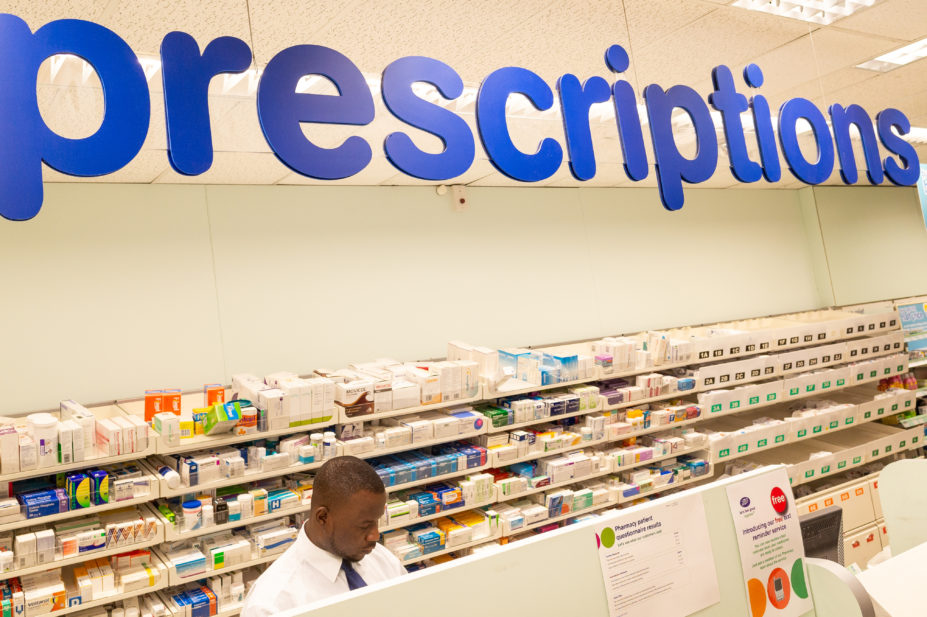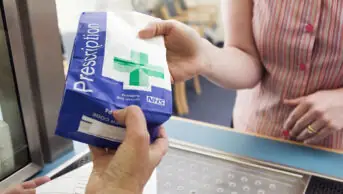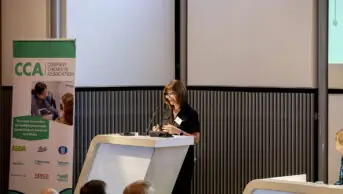
Shutterstock.com
More than half (55%) of respondents to a General Pharmaceutical Council (GPhC) consultation said that registered pharmacists should not have to complete two years of clinical practice before they can start independent prescriber (IP) training.
GPhC standards currently state that pharmacists wanting to start an IP course “must have at least two years of appropriate patient-orientated experience post registration, in a relevant UK practice setting”.
However, in a consultation that ran between 28 September and 23 November 2021, the GPhC proposed removing this requirement entirely to help “meet the demand for more pharmacist independent prescribers from health services and patients”.
GPhC council papers, published on 9 March 2022, have said that 55% of respondents to the consultation agreed with the proposals to abolish the requirement for two years’ experience before entering a free-standing pharmacist independent prescribing training programme.
The papers noted a difference between the responses from organisations and those from individuals, with 81% of organisations agreeing with the proposals, compared with just 54% of individuals.
Of the 1,211 consultation responses, 1,164 came from individuals and the other 47 were submitted on behalf of an organisation.
The majority of organisations that responded were institutions that deliver an independent prescribing course (13), while a further 9 organisations described themselves as one that represents pharmacy professionals or the pharmacy sector. Ten responses came from an “NHS organisation or group”.
Many of those in support of the proposal said that maintaining the two-year requirement “would be unfair on existing registrants”, since reforms to initial education and training will see pharmacists become independent prescribers at the point of registration from 2025/2026, the papers said.
Those against the proposal raised concerns about the “potential impact on patient safety if the two-year requirement was removed”, arguing that “experience in practice helps pharmacists gain confidence and allows them to settle into their role before taking on the added responsibility of prescribing,” the council papers continued.
In its response to the consultation, the Royal Pharmaceutical Society (RPS) said it supported the proposal to remove the two-year requirement.
“Entry to free-standing pharmacist independent prescribing training should be based on whether pharmacists can evidence the necessary skills, knowledge, and experience to undertake the training rather than the period someone had been on the register,” it said.
But its response noted that there would be some challenges in implementation, including how to assess whether a pharmacist has reached a point where they are ready to begin IP training.
The RPS added that when it surveyed its own membership on the same question, 69% of 1,026 respondents agreed that the two-year restriction should be dropped, with 31% disagreeing.
However, this differed by career stage, with 95% of pharmacy students and 91% of foundation pharmacists agreeing, compared to 45% of registered pharmacists.


